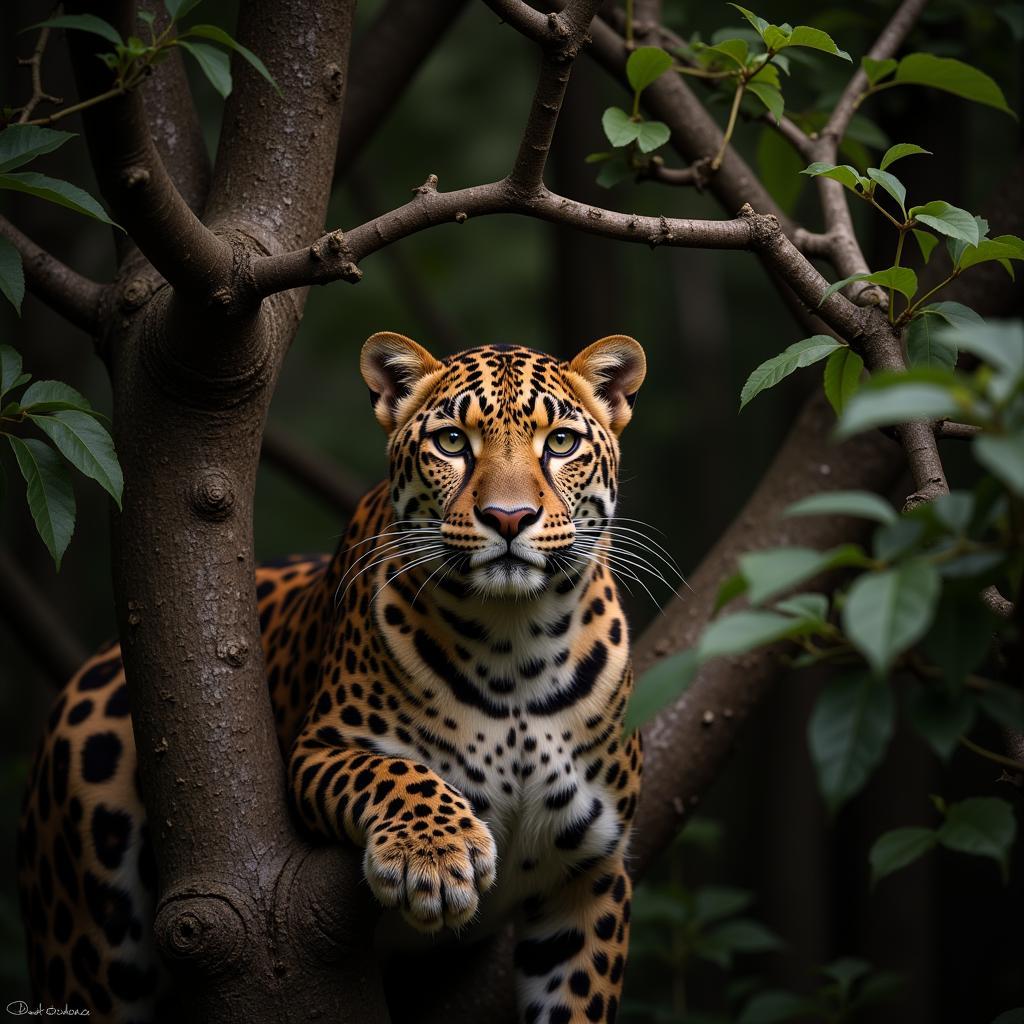The Rise of African American Models: Shaping Beauty Standards and Breaking Barriers
African American Models have played a pivotal role in shaping beauty standards and challenging racial stereotypes within the fashion industry. From trailblazers like Donyale Luna and Naomi Campbell to contemporary icons like Iman and Jourdan Dunn, these individuals have broken barriers, paved the way for diversity, and redefined what it means to be beautiful.
A Look Back: Early Pioneers of Diversity
The presence of African American models in the fashion world has a rich history, dating back to the mid-20th century. Models like Donyale Luna, the first African American woman to appear on the cover of Vogue, and Beverly Johnson, the first black woman to grace the cover of American Vogue, shattered barriers and challenged the then-prevalent Eurocentric beauty standards.
The Legacy of Supermodels
The 1980s and 1990s witnessed the rise of supermodels like Naomi Campbell, Cindy Crawford, and Tyra Banks. Naomi Campbell, a trailblazer in her own right, fought against racial discrimination and spearheaded the push for inclusivity in the fashion industry. Her impact resonated beyond the runway, inspiring a generation of aspiring models and promoting the idea of beauty beyond traditional norms.
Breaking Barriers: Contemporary Icons
Today, African American models continue to push boundaries and redefine beauty standards. Iman, a global icon, established her own cosmetics line that caters to women of color, emphasizing the importance of inclusivity and representation. Jourdan Dunn, known for her captivating beauty and fierce spirit, has become a powerful voice for diversity and empowering young women to embrace their uniqueness.
The Importance of Representation
“Representation matters,” says Dr. Aaliyah Johnson, a cultural anthropologist and expert on race and media. “Seeing yourself reflected in the media can be incredibly empowering, especially for young people who are navigating their identity and sense of belonging.” African American models are not just models; they are role models, inspiring confidence and self-acceptance in communities that have been marginalized for far too long.
The Fight Continues
Despite the progress made, the fight for diversity and inclusion in the fashion industry is far from over. The underrepresentation of African American models in high-fashion campaigns and runway shows remains a challenge. However, the growing demand for diversity and the voices of activists and advocates are creating positive change.
The Future of Diversity in Fashion
“The future of fashion is diverse and inclusive,” asserts Malik Brown, a fashion stylist and advocate for diversity. “We are moving away from outdated beauty standards and embracing the beauty of individuality. The fashion industry is finally recognizing the power of representation and the need to celebrate the beauty of all people.”
Conclusion
African American models have played a crucial role in shaping beauty standards and challenging racial stereotypes. Their impact extends beyond the runway, inspiring a generation of aspiring models and advocating for diversity and inclusivity within the fashion industry. The fight for representation is ongoing, but the progress made by these trailblazers sets the stage for a more inclusive and diverse future.
FAQ
Q: What are some of the challenges African American models still face in the fashion industry?
A: African American models still face challenges related to colorism, lack of representation in high-fashion campaigns, and limited opportunities for career advancement.
Q: How has social media impacted the representation of African American models?
A: Social media has been a powerful tool for promoting diversity and highlighting the work of African American models. It has also created new opportunities for models to connect directly with their audience and build their own platforms.
Q: What are some ways to support the work of African American models?
A: You can support the work of African American models by following them on social media, advocating for diversity in the fashion industry, and patronizing brands that embrace inclusivity.
